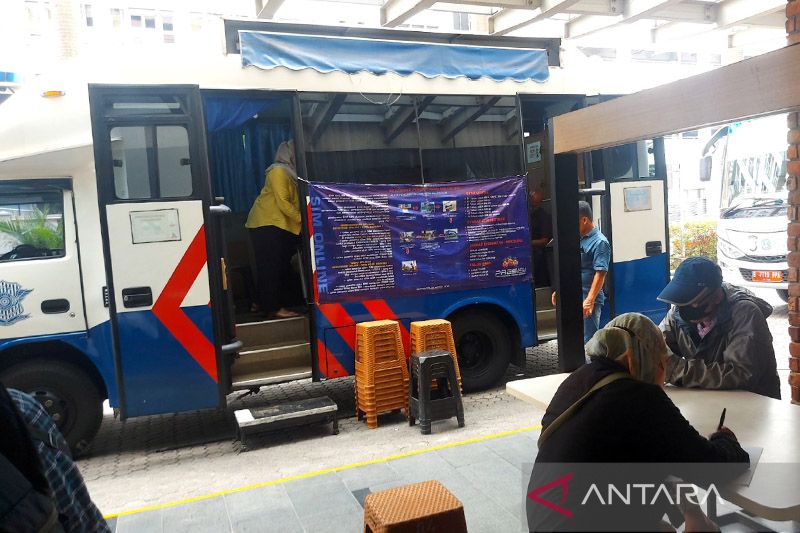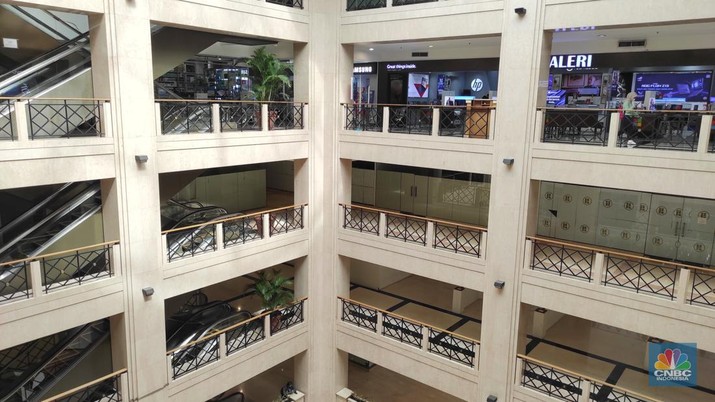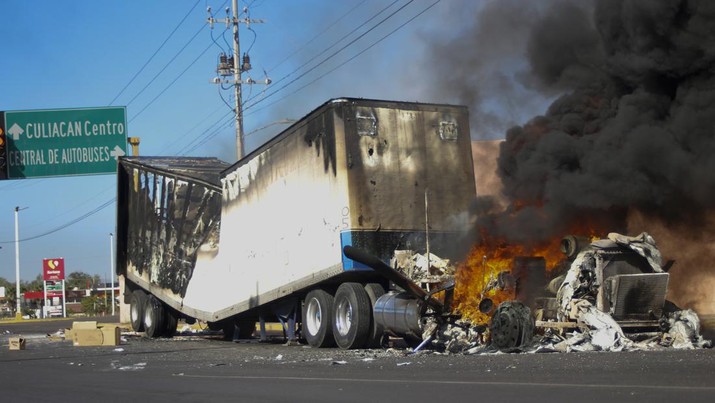According to the three agencies, WFP will completely run out of food for refugees by October, leaving vulnerable families who are dependent on food assistance at risk of undernutrition, micronutrient deficiency, susceptibility to diseases/infection and increased protection risks.
Due to protracted funding shortfalls, WFP has already been forced to cut rations for 750,000 registered refugees living in 22 camps and five sites in hosting communities in Afar, Amhara, Benishangul-Gumuz, Gambella, Somali and Tigray regions of Ethiopia.

Bagaimana tanggapan anda mengenai artikel ini?
“Three quarters of a million refugees will be left with nothing to eat in just a matter of weeks unless we receive funding immediately,” said Claude Jibidar, WFP’s Representative and Country Director for Ethiopia, in a press release on Tuesday.
“The priority for us all must be to restore assistance to at least minimum levels for refugees, all of whom are solely reliant on WFP’s cash and food assistance for survival. We have a shortfall of US$73 million for refugees’ minimum needs and we are deeply concerned that if funding cuts continue, they may consider returning to their places of origin when it is unsafe,” Jibidar.
If there is an immediate response from donors, WFP will be able to buy food available in the region and transport it to meet the dietary needs of the refugees.
WFP will also transfer cash to the refugees which gives them the choice of how to meet their immediate needs and stimulates local markets.
“We are very concerned about the lack of food for refugees. The continued lack of full rations for refugees, coupled with the impact of the most severe drought that the country has experienced in over 40 years, will greatly undermine the gains made in refugee protection and risk impacting the peaceful co-existence between refugees and their host communities,” said UNHCR’s Deputy Representative in Ethiopia, Margaret Atieno.
“We are grateful for what donors have provided so far, but more funding is needed and quickly,” Atieno added.
Ethiopia hosts more than a million registered refugees and asylum-seekers.
Most of them are from South Sudan, Somalia, Eritrea and Sudan. Of these, about 750,000 are fully dependent on humanitarian food assistance.
(WAH)
Artikel ini bersumber dari www.medcom.id.





